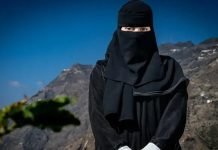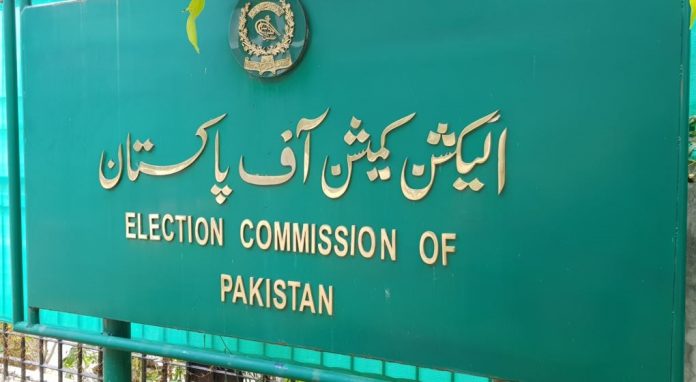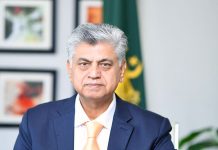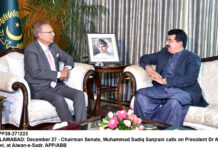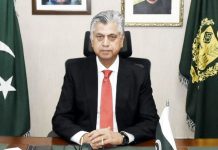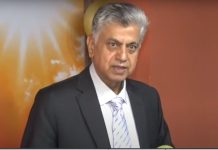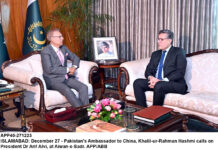
According to United Nations Information Centre (UNIC) Pakistan statement, democracy is built on the inclusion, equal treatment and participation – and it is a fundamental building block for peace, sustainable development and human rights.
The Universal Declaration of Human Rights, which states that “the will of the people shall be the basis of the authority of government”, (article 21.3), has inspired constitution-making around the world and contributed to global acceptance of democratic values and principles. Democracy, in turn, provides the natural environment for the protection and effective realisation of human rights.
True democracy is a two-way street, built on a constant dialogue between civil society and the political class. This dialogue must have real influence on political decisions.
This is why political participation, civic space and social dialogue make up the very foundations of good governance. It is even truer with the impact of globalisation and technological progress. And yet today, civic space is shrinking worldwide at an alarming rate. Civil society activists are finding it increasingly difficult to operate. Human rights defenders and parliamentarians are under attack. Women remain vastly under-represented. Journalists face interference, and in some cases violence.
Opportunity to urge govts to respect citizens’ right to active, substantive and meaningful participation in democracy
This International Day of Democracy is an opportunity to urge all governments to respect their citizens’ right to active, substantive and meaningful participation in democracy.
The 2030 Agenda for Sustainable Development addresses democracy in Sustainable Development Goal 16, recognising the indivisible links between peaceful societies and effective, accountable and inclusive institutions.
The International Day of Democracy provides an opportunity to review the state of democracy in the world. Democracy is as much a process as a goal, and only with the full participation of and support by the international community, national governing bodies, civil society and individuals, can the ideal of democracy be made into a reality to be enjoyed by everyone, everywhere.
The values of freedom, respect for human rights and the principle of holding periodic and genuine elections by universal suffrage are essential elements of democracy. In turn, democracy provides the natural environment for the protection and effective realisation of human rights. These values are embodied in the Universal Declaration of Human Rights and further developed in the International Covenant on Civil and Political Rights which enshrines a host of political rights and civil liberties underpinning meaningful democracies.
The link between democracy and human rights is captured in article 21(3) of the Universal Declaration of Human Rights, which states, “The will of the people shall be the basis of the authority of government; this will shall be expressed in periodic and genuine elections which shall be by universal and equal suffrage and shall be held by secret vote or by equivalent free voting procedures.”
The rights enshrined in the International Covenant on Economic, Social and Cultural Rights and subsequent human rights instruments covering group rights (e.g. indigenous people, minorities, people with disabilities) are equally essential for democracy as they ensure an equitable distribution of wealth, and equality and equity in respect of access to civil and political rights.

